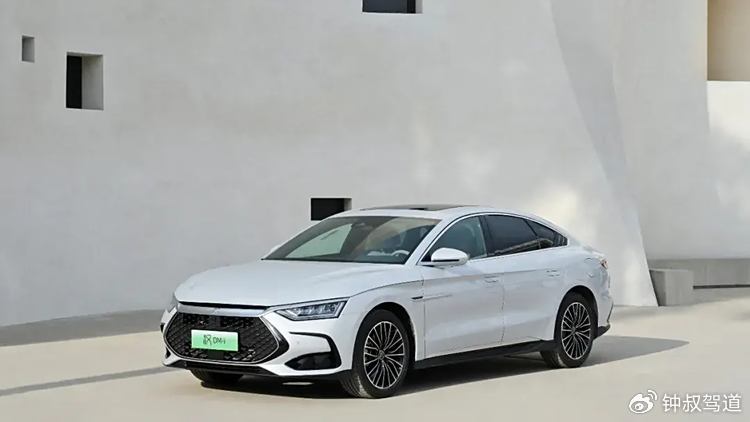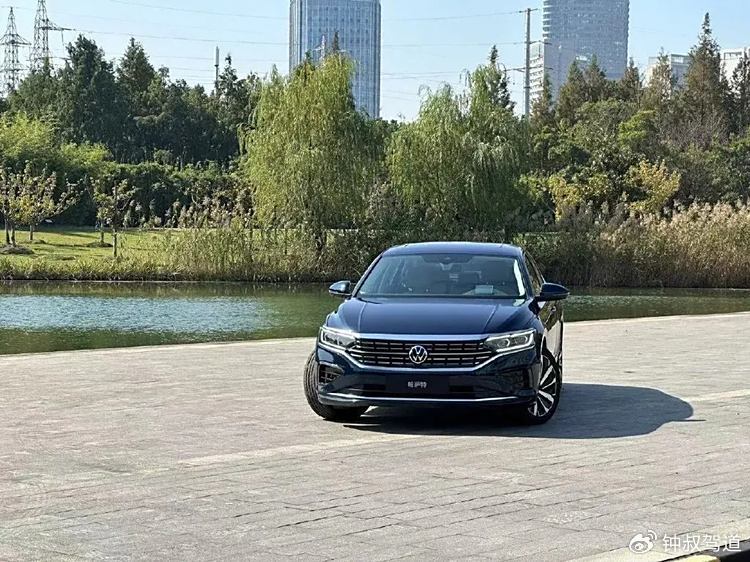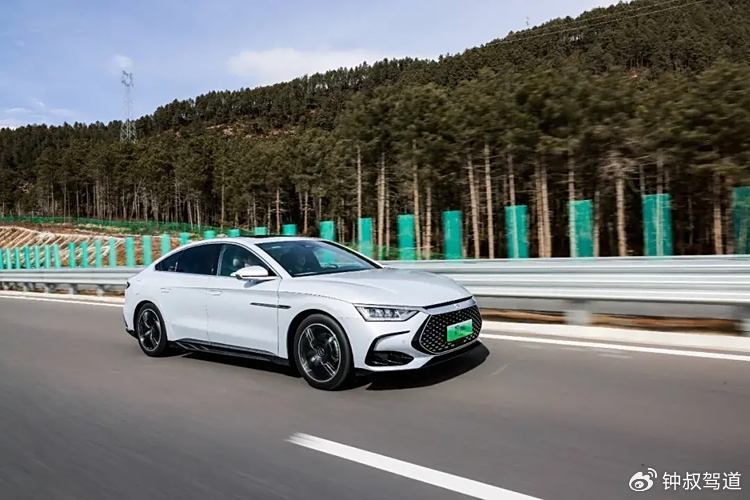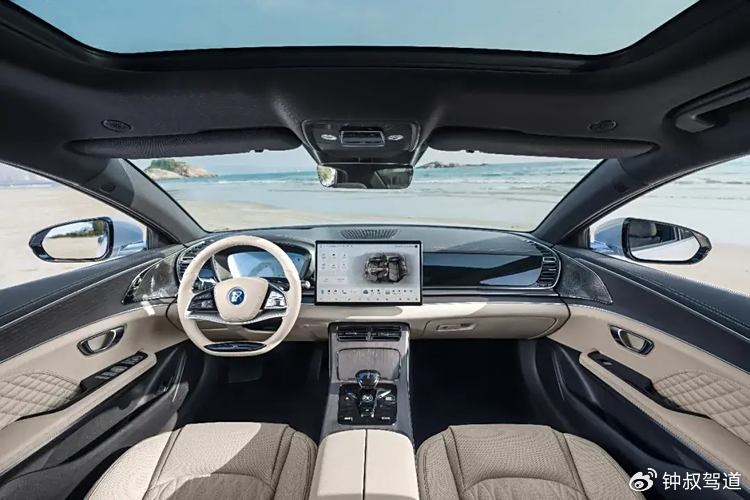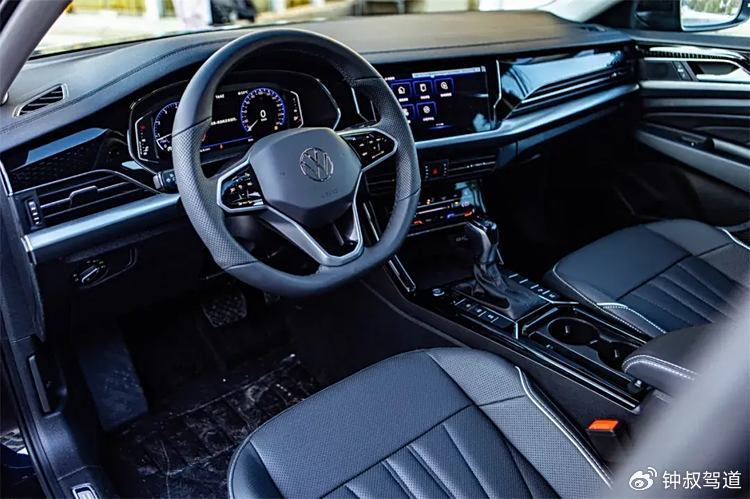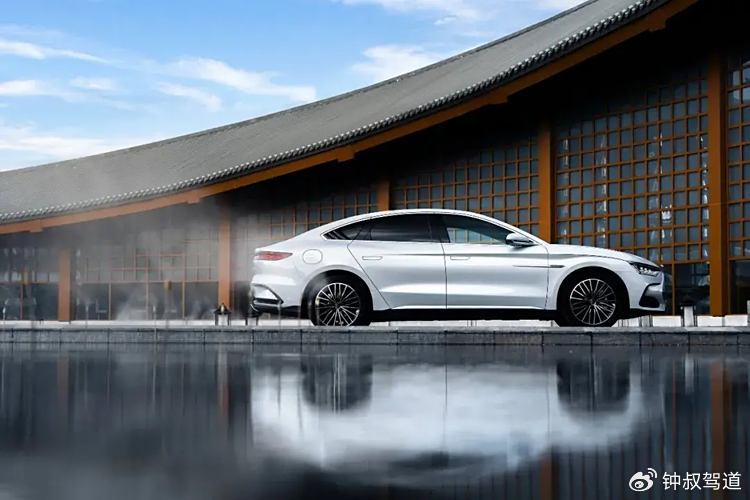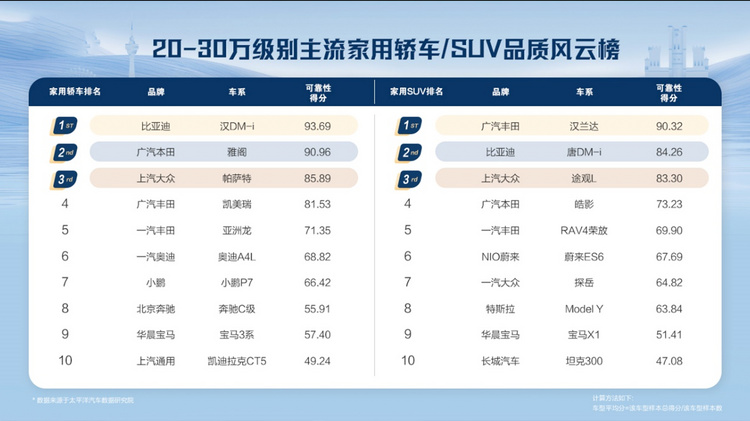In May, the penetration rate of new energy vehicles in the domestic car market reached 47%, completely challenging traditional fuel vehicles. The speed of the electrification transformation wave has exceeded expectations, with many netizens commenting that buying new energy vehicles is now mainstream, while buying traditional fuel vehicles has become “non-mainstream.” This year, the rapid growth of new energy vehicles is driven by leading carmaker BYD, which has implemented a “electric cheaper than oil” strategy, offering competitive prices for almost all models. For example, the Han DM-i Glory Edition in the B+C segment now starts at 169,800 yuan (23380$), with up to 18,000 yuan (2480$) in discounts with the national policy of “subsidies + factory incentives,” making it possible to buy a C-class car for as low as 150,000 yuan (20660$). Even joint venture fuel companies like Volkswagen are offering increased discounts on models like the Passat. Let’s compare these two models to see which one is better.
Product comparison, technology and experience vary First, Han DM-i Honor Edition is a plug-in hybrid model, equipped with BYD’s “household technology” – DM-i super hybrid, while Passat is a traditional gasoline vehicle, equipped with Volkswagen’s classic EA211 and EA888 engines. Technologically, DM-i’s first major advantage is its low cost of use, for example, users with home charging conditions can easily commute in the city as a pure electric vehicle, charging is much cheaper than refueling. Even when driving with low battery, its fuel consumption is only 4.2L/100km, and it only requires 92 octane gasoline, very cost-effective. Moreover, its focus is on electric-driven control logic, providing quiet and smooth performance. Some may argue that Volkswagen’s powertrain system is proven and more reliable. This is outdated information, as now in China, for every 2 plug-in hybrids sold, one is a BYD. Globally, for every 4 plug-in hybrids sold, 3 are Chinese brands, BYD is leading China’s plug-in hybrids to become the mainstream route of global automotive technology. DM-i can be completely “chosen with confidence, used freely”.
In terms of comfort and intelligent performance, the Han DM-i Honor Edition is ahead of its time. Its body size is that of a standard C-class car, while the Passat is only a B-class car. BYD has always excelled in creating a comfortable cabin environment, with the Han DM-i Honor Edition featuring real aluminum decorations and high-grade leather seats. In comparison, the Passat, despite efforts to enhance comfort with ventilated and heated seats, still lacks the luxurious feel of the Han DM-i Honor Edition.
In terms of intelligence, the Han DM-i Honor Edition is equipped with the intelligent cockpit high-end version-DiLink 100 as standard across the board. It offers a 6nm 5G chip that is even more powerful than the mainstream 8155 chip, a 15.6-inch ultra-high-definition 8-core adaptive rotating floating Pad, and full vehicle intelligent voice interaction software and hardware support, making the intelligent car system quite advanced. In contrast, the Passat central control screen is only 9.2 inches, lacking basic intelligent car system functions, only providing users with CarPlay/CarLife connectivity options.
Hexagon champion heritage, leading in all dimensions. Nowadays, the trend of lowering prices in the car market is getting more intense. Just looking at the logic of product performance and price for choosing a car seems no longer feasible, especially for family users. Cars are the second largest consumer goods after houses, and need to be chosen carefully. Behind the product value of the Han DM-i Honor Edition, not only is the entry threshold low and the comprehensive product performance outstanding, but it also has five outstanding advantages of “brand, sales volume, quality, reputation, and resale value”. First is the brand sales volume. Last year, BYD sold more than 3.02 million vehicles in one go, not only the champion of Chinese car brands, but also the champion of global new energy! Comparing sales volumes from just past May, according to the manufacturer sales data released by the China Passenger Car Association, BYD sold over 330,000 vehicles, while SAIC Volkswagen, which includes the Passat, only sold 90,000 vehicles, a huge gap. In terms of model sales comparison, the Han family sold a total of 22,003 vehicles in May, while the Passat sold 16,504 vehicles, also showing a significant difference. Thanks to BYD’s huge sales volume, as well as the strong technical and systematic support provided, the Han DM-i Honor Edition has a very impressive sense of quality and reputation.
According to authoritative data, the Han DM-i ranks first in the quality ranking of mainstream household cars in the 200,000-300,000 level, with a super high reliability score of 93.69, while the Passat ranks third with a score of only 85.89. In terms of NPS consumer net promoter score, the Han DM-i has an NPS of 97.2 and a service NPS of 97.1, far exceeding the same level, and significantly ahead of mainstream joint venture brands. In other words, buying joint venture fuel is more reliable and of higher quality is also a thing of the past.
Zhong Shu Comparing two models, it is easy to see that the Han DM-i Glory Edition truly achieves “lower electricity than oil, stronger than oil” compared to the Passat, with significant advantages in all dimensions. With the trend of new energy, joint venture fuel vehicles seem to be “outdated products,” and it is understood that dealers selling joint venture fuel vehicles in second, third, and fourth-tier cities are continuously withdrawing from the market, even going bankrupt, which indirectly confirms the decline of joint venture fuel vehicles. It can be said that now, if you want to choose a sedan with a budget of around 200,000, the “Hexagonal Champion” Han DM-i Glory Edition is the best choice, highly recommended.
